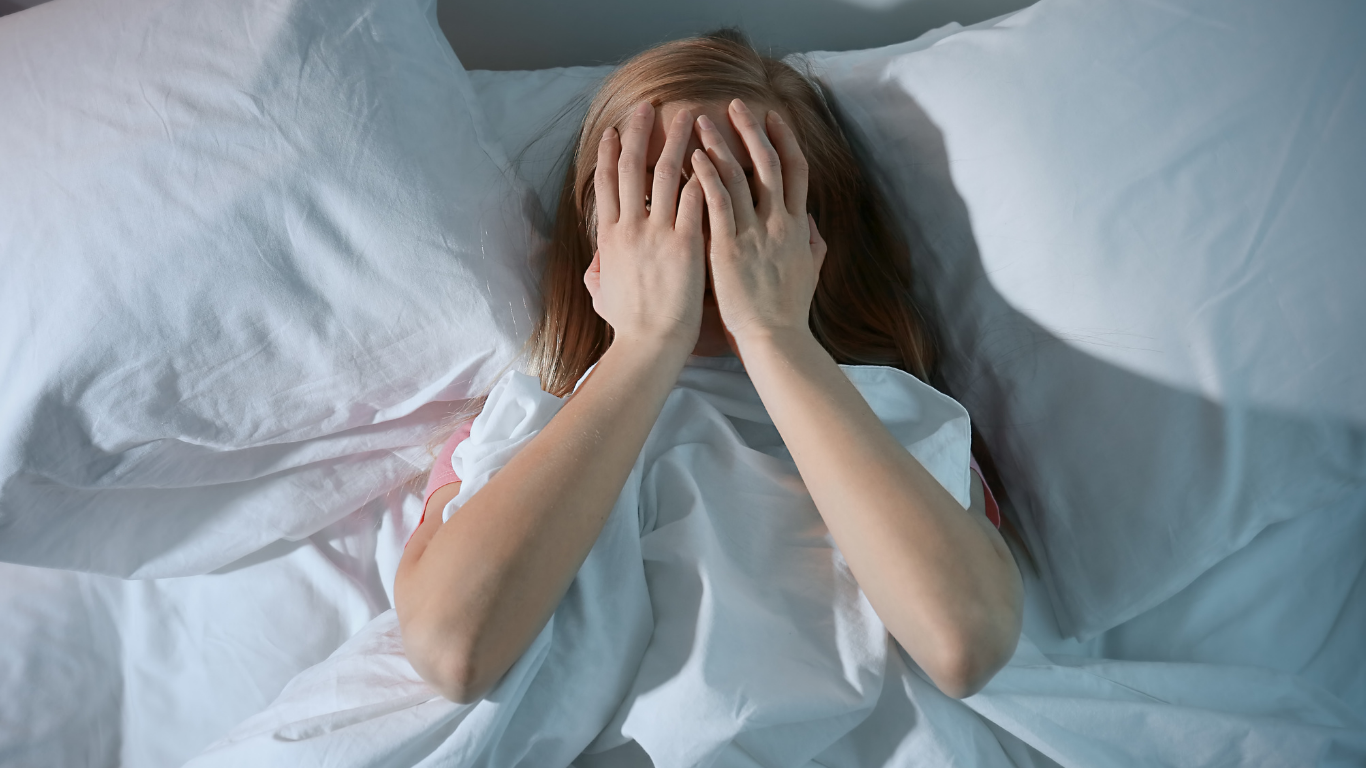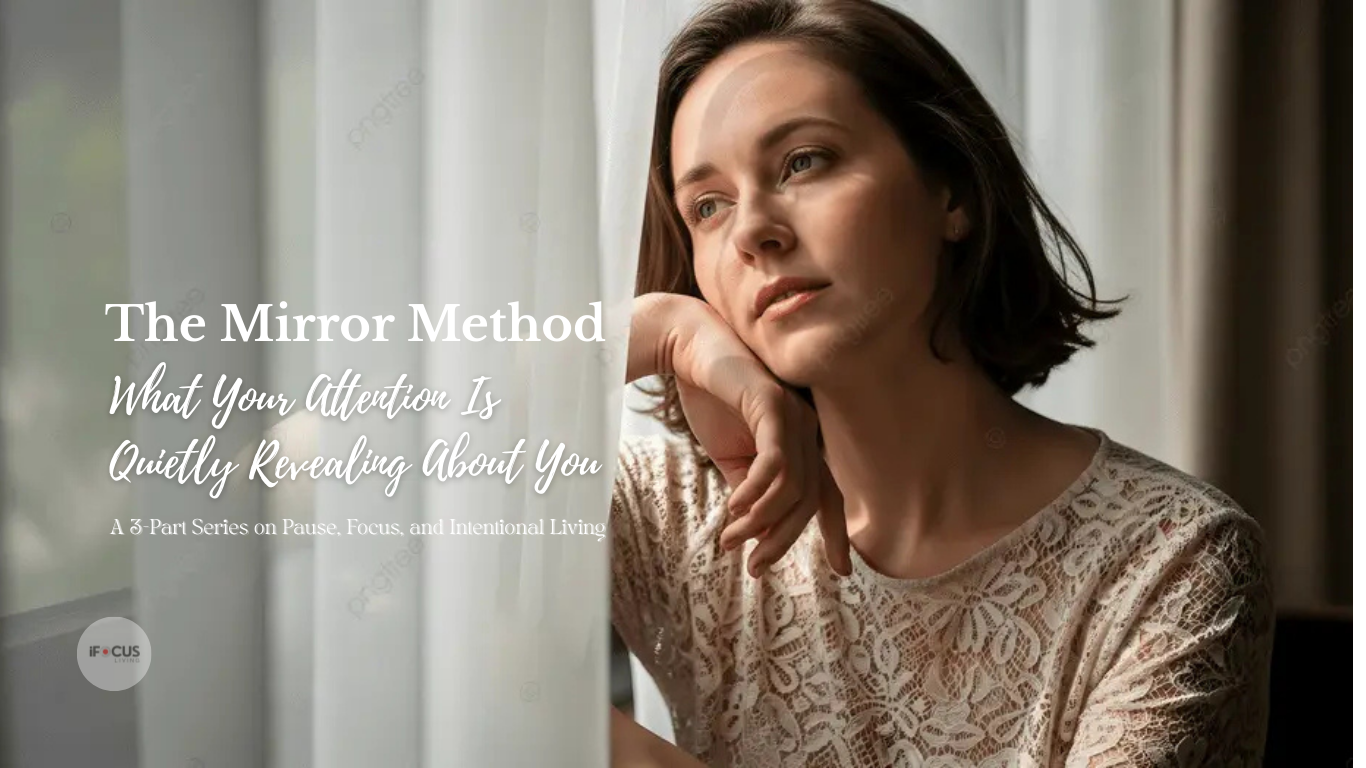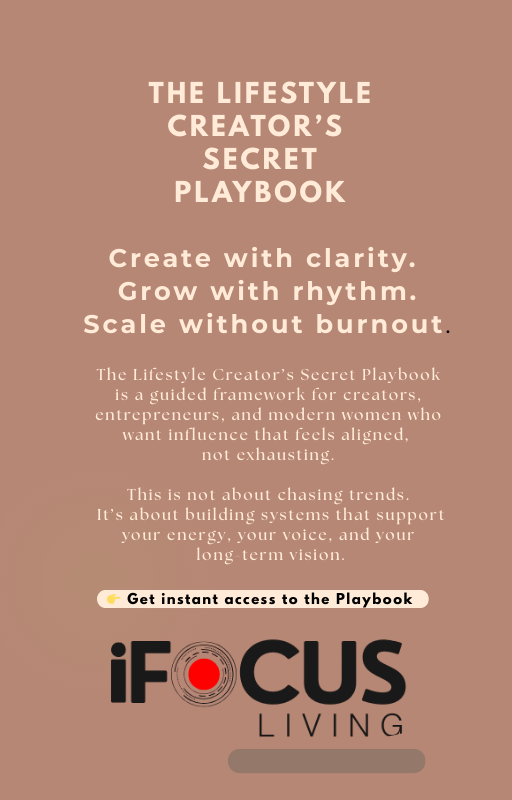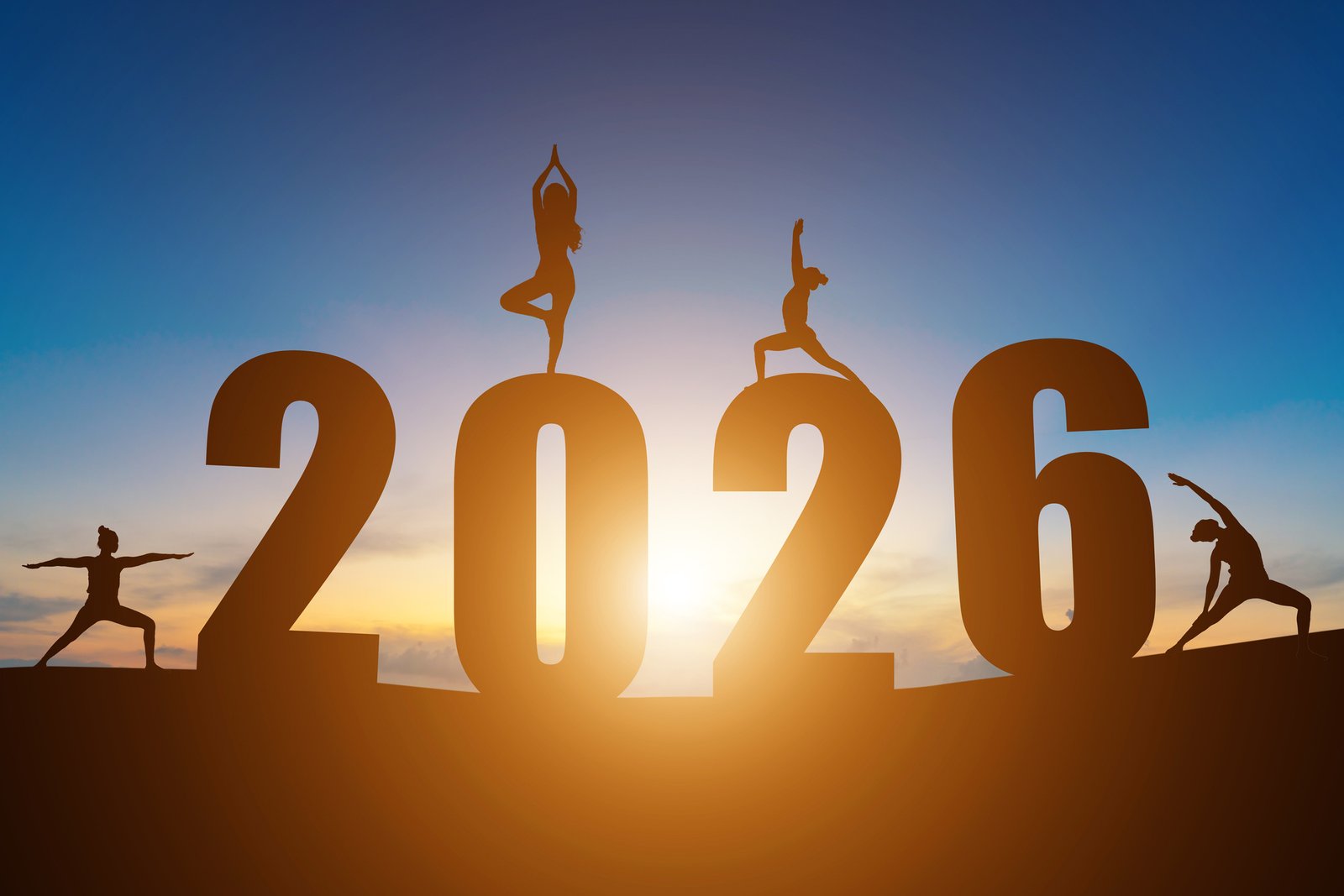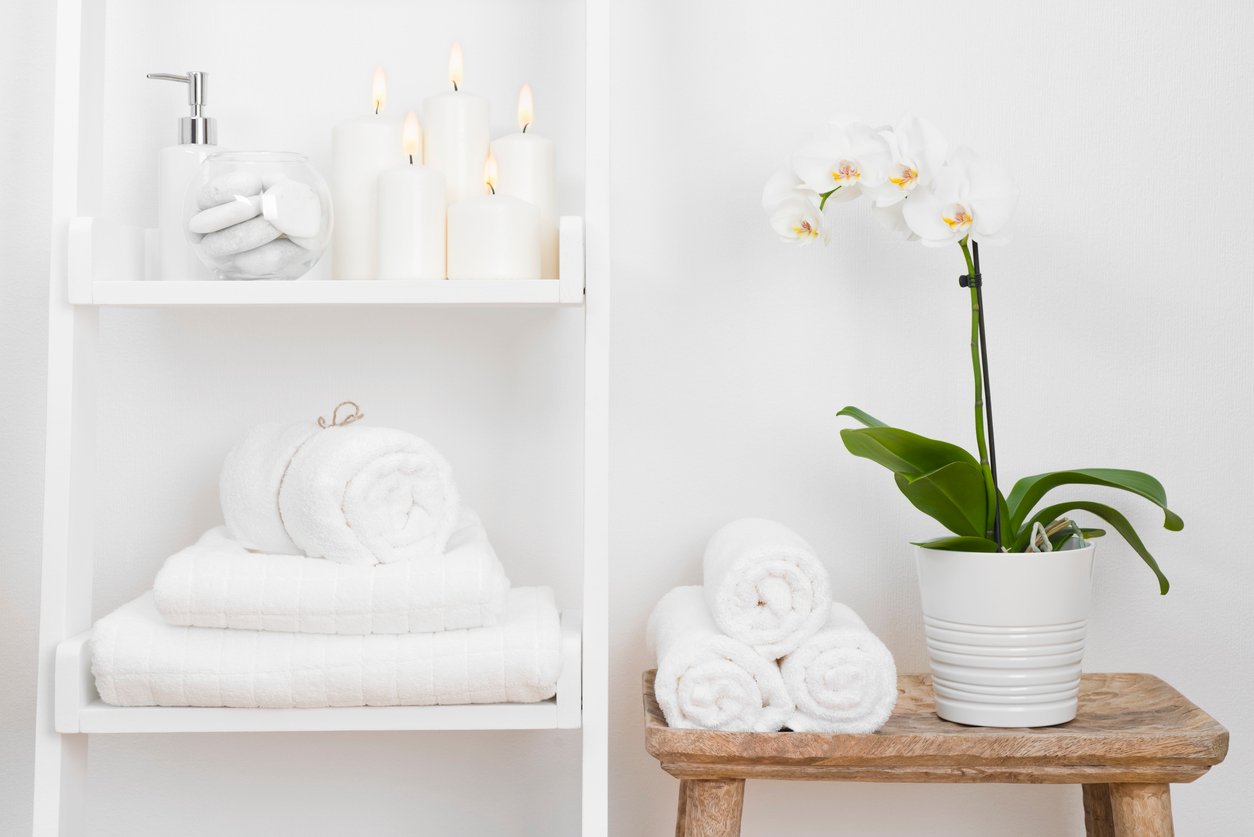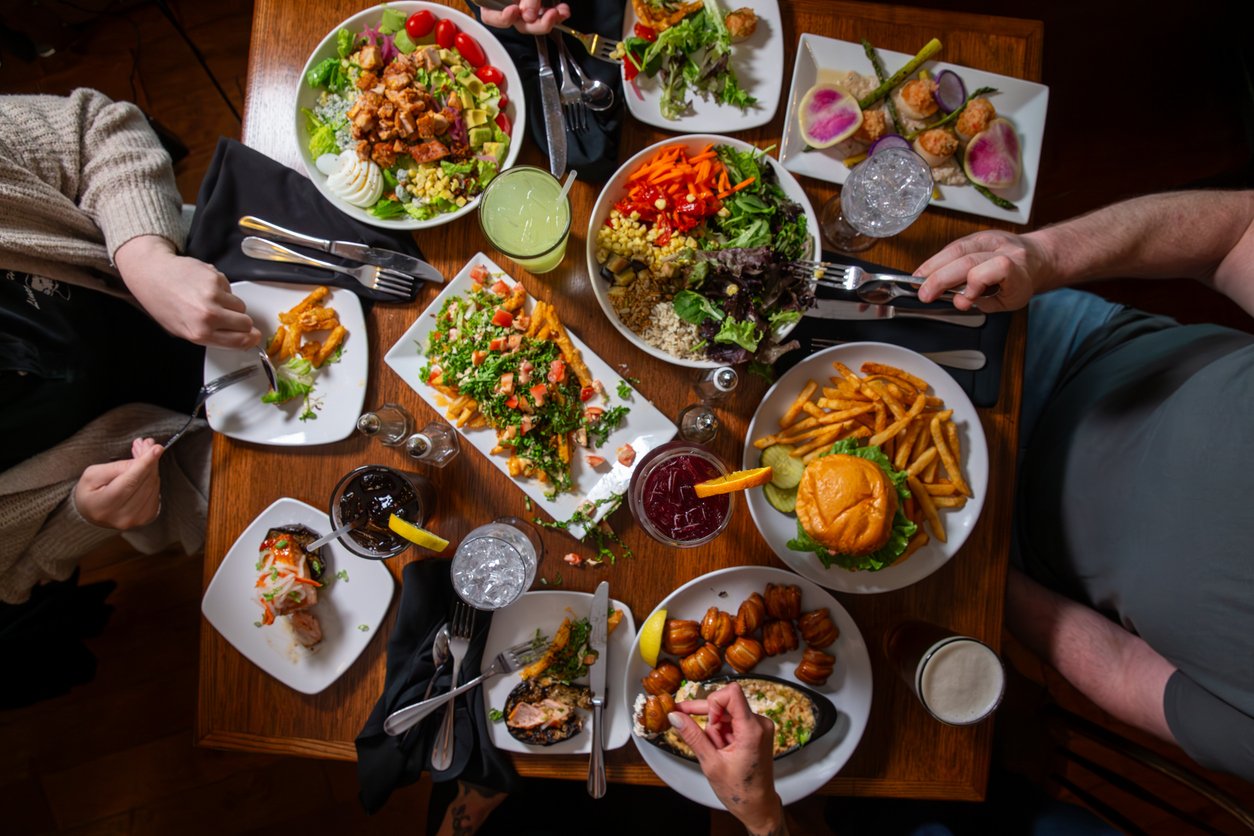Many of us aren’t getting the sleep we need. But what if your restless nights weren’t just about your late-night scrolling habits or that third cup of cold brew? What if your ZIP code was the real culprit behind your sleep deprivation?
A new wave of research suggests that sleep isn’t just a personal wellness issue—it’s a geographical one.
🛏️ Location, Location… Insomnia?
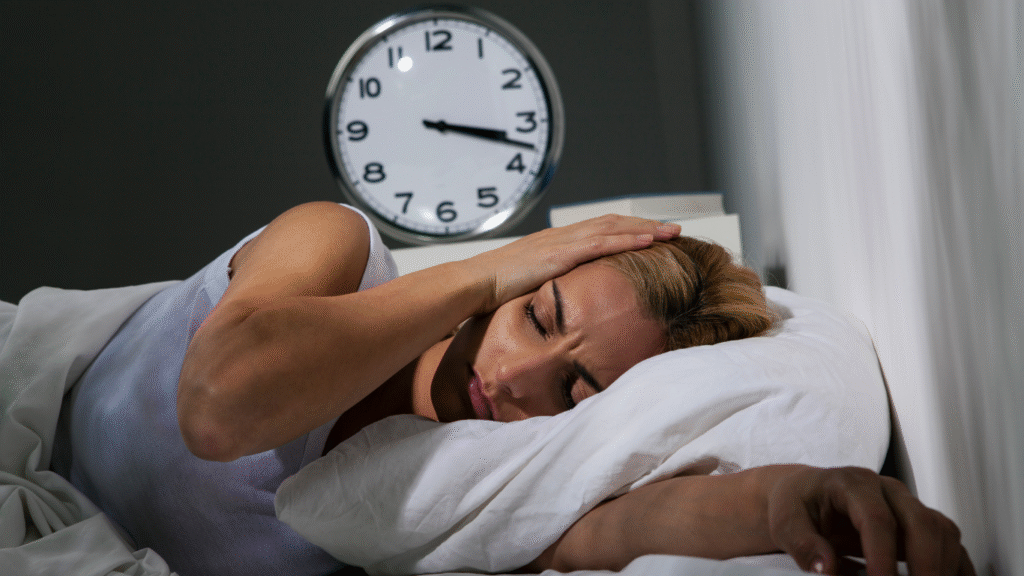
According to a recent national study analyzing the 100 most populated cities in the U.S., factors like light pollution, stress levels, physical activity, and even the built environment are dramatically affecting how well (or poorly) people are sleeping across the country.
The researchers pulled data from public health sources to rank cities based on five key metrics known to impact sleep:
- Physical activity
- Obesity rates
- Alcohol consumption
- Mental distress
- Noise and light pollution
Together, these variables paint a pretty eye-opening picture: where you live might be whispering you to sleep—or jolting you awake.
😵 The Top 10 Most Sleep-Deprived Cities in the U.S.
If you’ve been feeling groggy and you live in one of these cities… you’re not imagining it.
- Norfolk, Virginia
- New Orleans, Louisiana
- Detroit, Michigan
- Toledo, Ohio
- Cincinnati, Ohio
- Indianapolis, Indiana
- Philadelphia, Pennsylvania
- Laredo, Texas
- Cleveland, Ohio
- Memphis, Tennessee
While cities like Norfolk and Detroit struggle with sleep duration, Memphis takes the unfortunate crown for worst sleep quality.
Ohioans might want to take note—three cities from the Buckeye State landed in the top ten. Could it be the long winters, industrial noise, or stress-related public health challenges? Possibly all of the above.
🌃 But Wait—It Gets Worse (for Some)
Even beyond the top ten, some cities stand out for particular problems. Honolulu, Hawaii, for example, has the worst sleep duration, with over 42% of adults clocking fewer than seven hours a night.
Noise and light pollution? Newark, New Jersey, is losing sleep the most to the 24/7 buzz of urban life.
Sleep experts have long emphasized that quality is just as important as quantity. And that’s where cities like Corpus Christi, Cincinnati, and New Orleans are falling behind—tossing and turning despite enough hours in bed.
🌿 The Sleepiest (in a Good Way) Cities
On the flip side, some places seem to be doing everything right. Cooler climates, more access to green space, and better mental health stats are helping residents rest easy in:
- Minneapolis, Minnesota
- Seattle, Washington
- San Jose, California
- Madison, Wisconsin
- Boise, Idaho
- St. Paul, Minnesota
- Denver, Colorado
- Lincoln, Nebraska
- Oakland, California
- San Francisco, California
The common thread? Thoughtful urban planning, a culture that values outdoor living, and—surprise—less nighttime noise.
🧠 “Your ZIP Code May Matter More Than Your Genetic Code”
Dr. Wendy Troxel, a leading behavioral scientist and sleep researcher, summed it up perfectly:
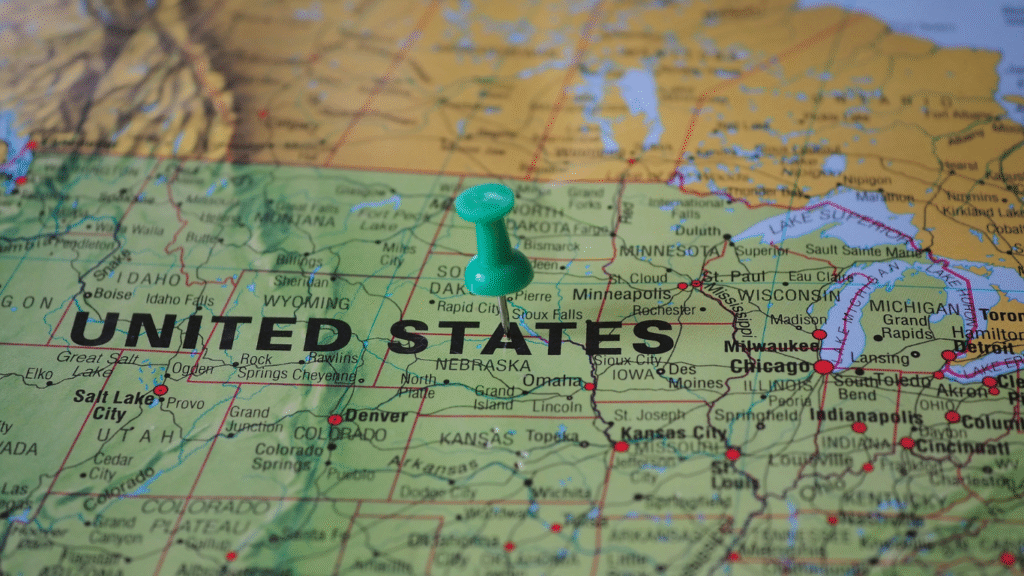
“It’s often said that your ZIP code can influence your health as much as your genetic code—and that’s true for sleep too.”
It’s a compelling reminder that sleep is not just about personal habits—it’s also about environmental justice, public health, and city design.
In fact, her latest research argues that to truly tackle sleep problems, we need to zoom out from individual routines and look at neighborhood-wide changes: better lighting policies, quieter zoning, increased mental health services, and more accessible green spaces.
💡 What This Means for You
If you live in one of the sleep-deprived cities, you might feel like you’re fighting an uphill battle every night. But awareness is power.
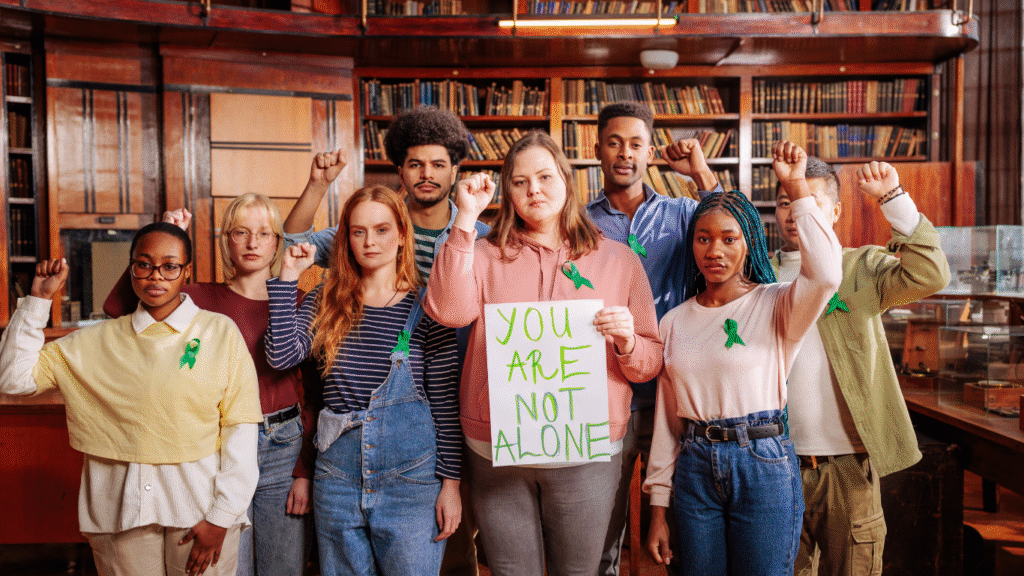
Here are three small but mighty moves to protect your rest—even if your city isn’t making it easy:
- Invest in blackout curtains and white noise machines. Drown out the chaos.
- Rethink your nighttime rituals. If your mind races in noisy environments, try a wind-down routine that includes journaling, breathwork, or light stretching.
- Advocate for your neighborhood. Better street lighting policies and green spaces aren’t just about aesthetics—they support public health, too.
📣 Share This If You’re Tired (Literally)
This isn’t just a listicle—it’s a wake-up call. Sleep isn’t just a bedroom issue. It’s a citywide, societal issue. And if we want to reclaim our energy, we’ve got to start talking about it.
Your city might be silently shaping your sleep.
So tell us—is your hometown on the list?
And more importantly, what are you doing to protect your rest in a world that never seems to sleep?

